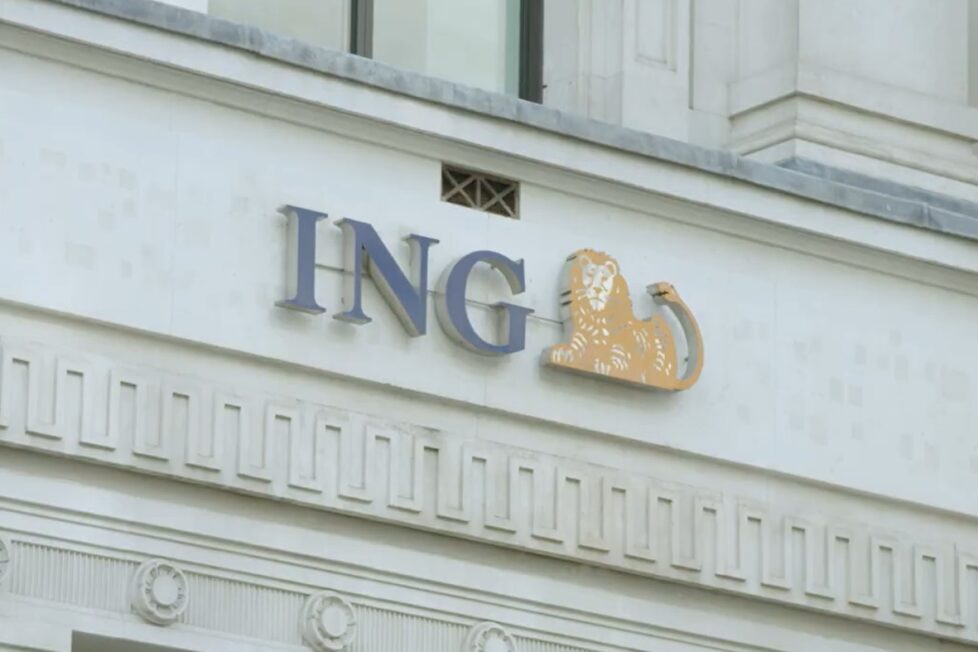ING Faces Climate Lawsuit from Group Who Won Case Against Shell

Climate advocacy organization Friends of the Earth Netherlands (Milieudefensie) announced that it is starting a climate lawsuit against Amsterdam-based global bank ING, demanding the bank cut emissions, including those from its financing activities, in half by 2030, and that ING stop “contributing to dangerous climate change in the future,” by requiring climate transition plans from large clients and ending financing of fossil fuel customers who continue to expand oil, gas and coal activities without a strong phase-out plan.
In a letter from the organization to ING Group Chair Steven van Rijswijk, Friends of the Earth argued that under Dutch law, companies have a “duty of care” obligation to not create dangers that can cause avoidable damage to people or property, which it says applies to climate change.
Friends of the Earth utilized a similar argument in its landmark lawsuit against energy giant Shell, in which the group succeeded in winning an order from the Dutch court requiring Shell to slash its emissions by 45% by 2030, and holding the company responsible for Scope 3 emissions from its value chain.
The organization is also involved in a lawsuit launched last year against Paris-based global bank BNP Paribas, targeting the bank’s financing for new oil and gas projects and calling for a strong climate policy, based on a similar “duty of vigilance” law in France.
Friends of the Earth argued in the letter that ING “is in breach of its legal societal standard of care by contributing to dangerous climate change,” adding that the bank’s climate policy is flawed and unlawful, and that its refusal to commit to actions required to prevent climate change “is contrary to the legal societal standard of care that is binding for everyone, including ING.”
The group noted that ING emissions are greater than all financial institutions in the Netherlands, at 61 megatons of greenhouse gases in 2022, and that the bank has a higher emissions intensity, or emissions per unit of investment, than most Dutch financials.
The letter makes a series of key demands, including calling on the bank to aligns its climate policy with the Paris Agreement goal to limit warming to 1.5°C, and to reduce its CO2 emissions by at least 48% by 2030, on a 2019 basis. The letter also calls on ING to ensure “that it is not involved in the negative climate impact of large business customers,” including by requiring clients to publish strong climate plans, stopping financing for clients who do not put such a plan in place within a year, demanding that fossil fuel clients stop fossil fuel expansion and create phase-out plans, ending new financing for fossil fuel clients who continue with fossil fuel expansion, and stopping all financing for fossil fuel companies continuing fossil expansion or without strong phase-out plans within a year.
Friends of the Earth Director Donald Pols, said:
“The bank finances oil and gas companies, deforestation and heavy industry, all of which add to the climate crisis. Whether you are drilling for oil yourself, or have paid for the drill, in both cases you are contributing to and bear responsibility for the climate crisis we are currently experiencing.”
The proposed legal action follows a series of climate-focused finance policies announced by ING, including a pledge made by the bank last year to end its lending for oil and gas exploration and production by 2040, and to restrict its funding for oil and gas infrastructure, based on the bank’s “Terra Approach,” its strategy to steer the most carbon-intensive parts of its portfolio towards reaching net zero by 2050.
When announcing its new oil and gas financing policy in December, ING noted that its energy policy aims to balance the key interests of decarbonization to address climate change while enabling energy to remains affordable for people and companies and ensuring a secure energy supply.
While acknowledging the recent changes to ING’s policies, however, Friends of the Earth described them as “baby steps in the right direction,” but “still highly inadequate,” and noted that the bank’s targets fail to “guarantee that its absolute emissions will be reduced.”
In a statement released after the release of the letter, ING said that “sustainability is part of our overall strategic direction,” and that the bank follows a science-based approach to steer its portfolio to net zero by 2050, while that it still finances more activity “that’s not sustainable” than that which is sustainable, as “about 80% of energy used globally today is still fossil-fuel based,” and that its financing activities “reflect the global economy.”
Arnaud Cohen Stuart, head of Business Ethics at ING said:
“We’re in regular dialogue with a variety of stakeholders, including Friends of the Earth Netherlands. We’re confident that we take impactful action to fight climate change. We will of course respond in court if necessary.”